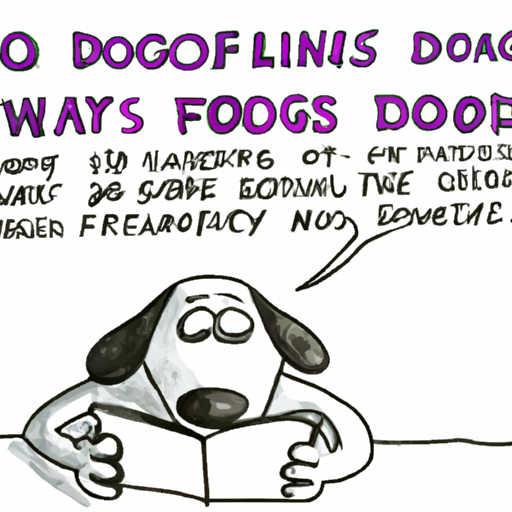Introduction
In your life as a caregiver, your primary focus is to ensure the well-being of your loved ones, and in many cases, this includes your furry four-legged companions. But are you certain about what is safe for your canine friend? This guide will walk you through some common, yet potentially harmful items that should never make it into your dog’s diet.
1. Harmful Foods for Dogs
As a caregiver, you may already know that certain foods are harmful to dogs. However, to keep your dog safe, it’s essential to have a comprehensive understanding of these foods.
- Chocolate: One of the most well-known toxic foods for dogs. Chocolate contains theobromine, which dogs cannot metabolize effectively, leading to severe complications.
- Grapes and Raisins: Although the exact toxic substance is unknown, these fruits can cause kidney failure in dogs.
- Onions and Garlic: These contain thiosulphate, which can cause anemia in dogs.
- Macadamia Nuts: These nuts can cause neurological symptoms, such as weakness and tremors.
- Alcohol and Caffeine: Both are extremely harmful and can lead to rapid heart rate, seizures, and even death.
2. Poisonous Houseplants
You might be surprised to know that many common houseplants can pose a threat to your dog. Some of these include:
- Lilies: Highly toxic, causing kidney failure in dogs.
- Sago Palms: The entire plant, but especially the seeds, are poisonous, leading to vomiting, seizures, and liver failure.
- Azaleas: Even ingesting a few leaves can cause oral irritation, vomiting, and diarrhea.
| Plant | Symptoms |
|---|---|
| Lilies | Kidney Failure |
| Sago Palms | Vomiting, seizures, liver failure |
| Azaleas | Oral irritation, vomiting, diarrhea |
3. Dangerous Household Items
To ensure your dog’s safety, be mindful of these common household items:
- Cleaning Products: These can cause gastrointestinal upset and chemical burns.
- Medications: Human medications can have severe effects on dogs, including NSAIDs, antidepressants, and acetaminophen.
- Pesticides: Insecticides and rodenticides can be lethal if ingested by your dog.
4. Unsafe Toys for Dogs
Toys are an excellent way to keep your dog entertained, but some may pose a choking hazard or cause intestinal blockage. Be cautious of:
- Small toys that can be swallowed
- Toys with small parts that can be chewed off and swallowed
- Hard bones or antlers that can fracture teeth
5. FAQs
Q: Can dogs eat cheese?
A: In small quantities, cheese can be okay. However, some dogs may be lactose intolerant.
Q: Are any nuts safe for dogs?
A: Peanuts and cashews are safe for dogs in moderation, but should not make up a significant part of their diet.
Q: Can dogs have citrus fruits?
A: Citrus fruits are not toxic to dogs, but the citric acid can cause upset stomachs.
Remember, being a caregiver means ensuring the safety and well-being of all those in your care, including your beloved pets. Keep these tips in mind and your furry friend will thank you!



